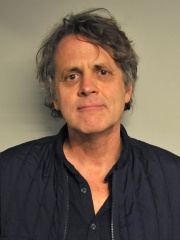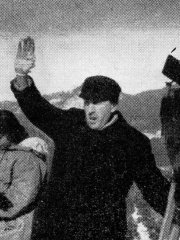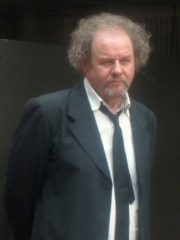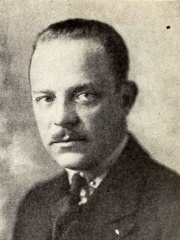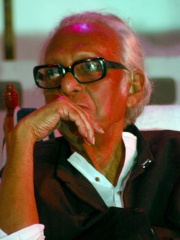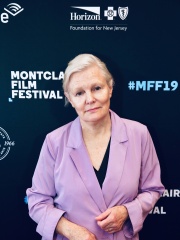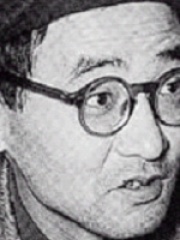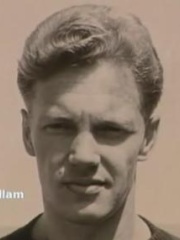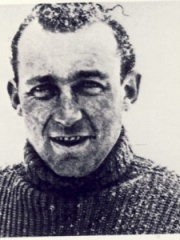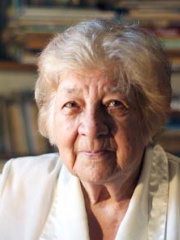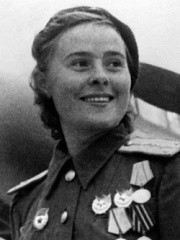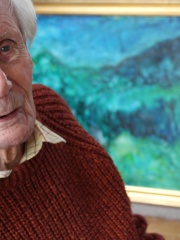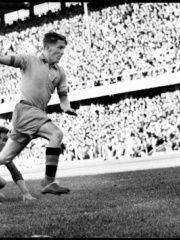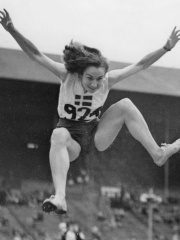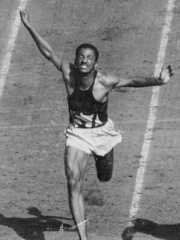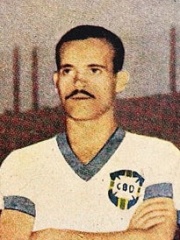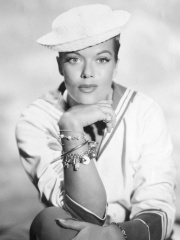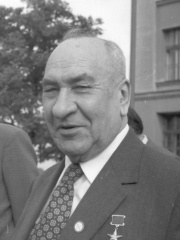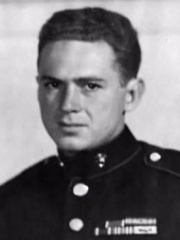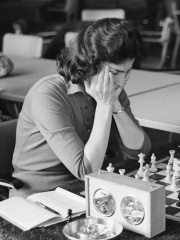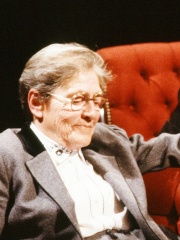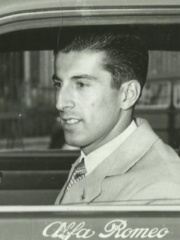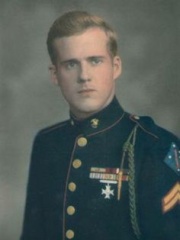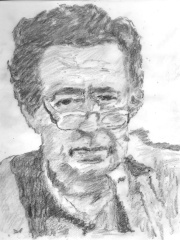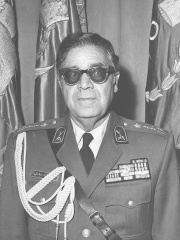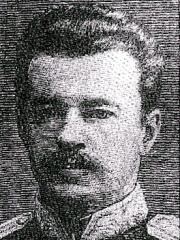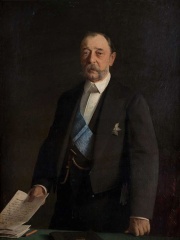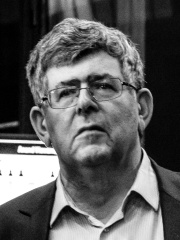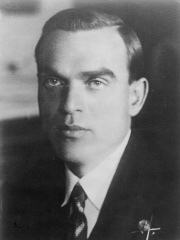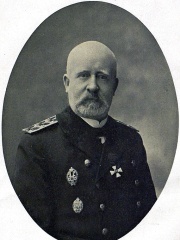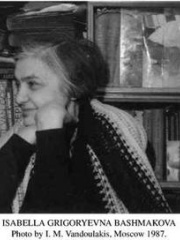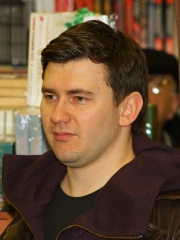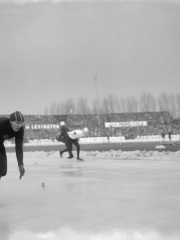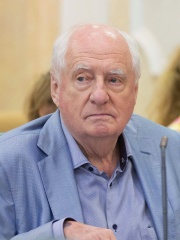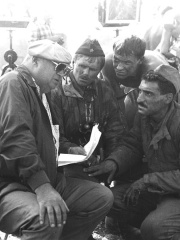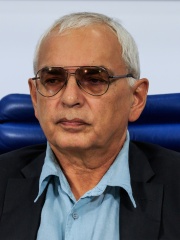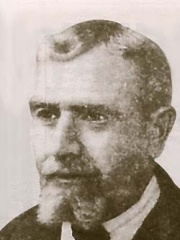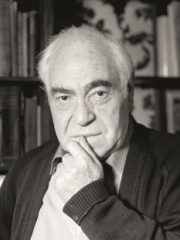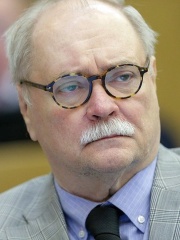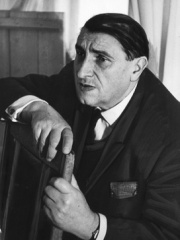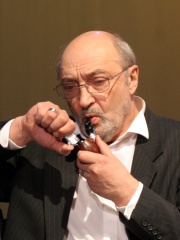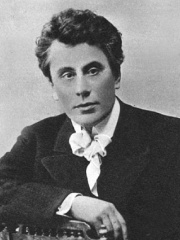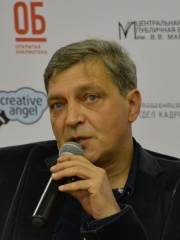FILM DIRECTOR
Stanislav Rostotsky
1922 - 2001
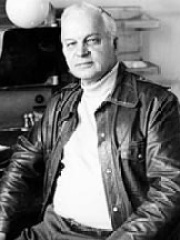
 Stanislav Rostotsky
Stanislav Rostotsky
Stanislav Iosifovich Rostotsky (Russian: Станислав Иосифович Ростоцкий; 21 April 1922, Rybinsk – 10 August 2001, Vyborgsky District) was a Soviet film director, screenwriter and pedagogue. He was named People's Artist of the USSR in 1974. Read more on Wikipedia
His biography is available in 22 different languages on Wikipedia. Stanislav Rostotsky is the 1,065th most popular film director (down from 1,032nd in 2024), the 1,807th most popular biography from Russia (down from 1,781st in 2019) and the 44th most popular Russian Film Director.
Memorability Metrics
Page views of Stanislav Rostotsky by language
Among FILM DIRECTORS
Among film directors, Stanislav Rostotsky ranks 1,065 out of 2,041. Before him are Chris Wedge, Abram Room, Mike Figgis, Joseph Sargent, Leopold Lindtberg, and Ruth Orkin. After him are Harry Beaumont, Mrinal Sen, Curtis Bernhardt, Milcho Manchevski, Mary Harron, and Yasuzo Masumura.
Most Popular Film Directors in Wikipedia
Go to all RankingsChris Wedge
1957 - Present
HPI: 55.88
Rank: 1,059
Abram Room
1894 - 1976
HPI: 55.88
Rank: 1,060
Mike Figgis
1948 - Present
HPI: 55.88
Rank: 1,061
Joseph Sargent
1925 - 2014
HPI: 55.88
Rank: 1,062
Leopold Lindtberg
1902 - 1984
HPI: 55.88
Rank: 1,063
Ruth Orkin
1921 - 1985
HPI: 55.87
Rank: 1,064
Stanislav Rostotsky
1922 - 2001
HPI: 55.86
Rank: 1,065
Harry Beaumont
1888 - 1966
HPI: 55.86
Rank: 1,066
Mrinal Sen
1923 - 2018
HPI: 55.86
Rank: 1,067
Curtis Bernhardt
1899 - 1981
HPI: 55.85
Rank: 1,068
Milcho Manchevski
1959 - Present
HPI: 55.85
Rank: 1,069
Mary Harron
1953 - Present
HPI: 55.84
Rank: 1,070
Yasuzo Masumura
1924 - 1986
HPI: 55.84
Rank: 1,071
Contemporaries
Among people born in 1922, Stanislav Rostotsky ranks 307. Before him are Ilmar Kullam, Božo Broketa, Nino Bibbia, Lidiya Ponomarenko, Mariya Dolina, and Leslie Marr. After him are Léopold Anoul, Stellan Nilsson, Ann-Britt Leyman, Lloyd La Beach, Rui Campos, and Janis Paige. Among people deceased in 2001, Stanislav Rostotsky ranks 237. Before him are Boris Rybakov, Robert Leckie, Chantal Chaudé de Silans, Marie Jahoda, Jean Richard, and Margaretha Krook. After him are Sergio Mantovani, Eugene Sledge, Ruhi Sarıalp, Villy Sørensen, Mordecai Richler, and Gholam Reza Azhari.
Others Born in 1922
Go to all RankingsIlmar Kullam
ATHLETE
1922 - 2011
HPI: 56.17
Rank: 301
Božo Broketa
SOCCER PLAYER
1922 - 1985
HPI: 56.10
Rank: 302
Nino Bibbia
ATHLETE
1922 - 2013
HPI: 56.10
Rank: 303
Lidiya Ponomarenko
HISTORIAN
1922 - 2013
HPI: 56.03
Rank: 304
Mariya Dolina
PILOT
1922 - 2010
HPI: 56.00
Rank: 305
Leslie Marr
RACING DRIVER
1922 - 2021
HPI: 55.99
Rank: 306
Stanislav Rostotsky
FILM DIRECTOR
1922 - 2001
HPI: 55.86
Rank: 307
Léopold Anoul
SOCCER PLAYER
1922 - 1990
HPI: 55.84
Rank: 308
Stellan Nilsson
SOCCER PLAYER
1922 - 2003
HPI: 55.82
Rank: 309
Ann-Britt Leyman
ATHLETE
1922 - 2013
HPI: 55.80
Rank: 310
Lloyd La Beach
ATHLETE
1922 - 1999
HPI: 55.78
Rank: 311
Rui Campos
SOCCER PLAYER
1922 - 2002
HPI: 55.72
Rank: 312
Janis Paige
ACTOR
1922 - 2024
HPI: 55.67
Rank: 313
Others Deceased in 2001
Go to all RankingsBoris Rybakov
HISTORIAN
1908 - 2001
HPI: 56.02
Rank: 231
Robert Leckie
WRITER
1920 - 2001
HPI: 55.99
Rank: 232
Chantal Chaudé de Silans
CHESS PLAYER
1919 - 2001
HPI: 55.99
Rank: 233
Marie Jahoda
PSYCHOLOGIST
1907 - 2001
HPI: 55.99
Rank: 234
Jean Richard
ACTOR
1921 - 2001
HPI: 55.93
Rank: 235
Margaretha Krook
ACTOR
1925 - 2001
HPI: 55.88
Rank: 236
Stanislav Rostotsky
FILM DIRECTOR
1922 - 2001
HPI: 55.86
Rank: 237
Sergio Mantovani
RACING DRIVER
1929 - 2001
HPI: 55.84
Rank: 238
Eugene Sledge
MILITARY PERSONNEL
1923 - 2001
HPI: 55.83
Rank: 239
Ruhi Sarıalp
ATHLETE
1924 - 2001
HPI: 55.81
Rank: 240
Villy Sørensen
WRITER
1929 - 2001
HPI: 55.75
Rank: 241
Mordecai Richler
WRITER
1931 - 2001
HPI: 55.71
Rank: 242
Gholam Reza Azhari
POLITICIAN
1912 - 2001
HPI: 55.70
Rank: 243
In Russia
Among people born in Russia, Stanislav Rostotsky ranks 1,807 out of 3,761. Before him are Irina Alfyorova (1951), Nikolai Vladimirovich Nekrasov (1900), Leonid Sobolev (1844), Dmitry Tolstoy (1823), Mark Dvoretsky (1947), and Sigizmund Levanevsky (1902). After him are Pelageya Shajn (1894), Nikolai Ottovich von Essen (1860), Isabella Bashmakova (1921), Dmitry Glukhovsky (1979), Viktor Kosichkin (1938), and Dima Bilan (1981).
Others born in Russia
Go to all RankingsIrina Alfyorova
ACTOR
1951 - Present
HPI: 55.89
Rank: 1,801
Nikolai Vladimirovich Nekrasov
WRITER
1900 - 1938
HPI: 55.89
Rank: 1,802
Leonid Sobolev
POLITICIAN
1844 - 1913
HPI: 55.88
Rank: 1,803
Dmitry Tolstoy
POLITICIAN
1823 - 1889
HPI: 55.88
Rank: 1,804
Mark Dvoretsky
WRITER
1947 - 2016
HPI: 55.88
Rank: 1,805
Sigizmund Levanevsky
MILITARY PERSONNEL
1902 - 1937
HPI: 55.87
Rank: 1,806
Stanislav Rostotsky
FILM DIRECTOR
1922 - 2001
HPI: 55.86
Rank: 1,807
Pelageya Shajn
ASTRONOMER
1894 - 1956
HPI: 55.84
Rank: 1,808
Nikolai Ottovich von Essen
POLITICIAN
1860 - Present
HPI: 55.84
Rank: 1,809
Isabella Bashmakova
HISTORIAN
1921 - 2005
HPI: 55.81
Rank: 1,810
Dmitry Glukhovsky
WRITER
1979 - Present
HPI: 55.81
Rank: 1,811
Viktor Kosichkin
SKATER
1938 - 2012
HPI: 55.80
Rank: 1,812
Dima Bilan
SINGER
1981 - Present
HPI: 55.79
Rank: 1,813
Among FILM DIRECTORS In Russia
Among film directors born in Russia, Stanislav Rostotsky ranks 44. Before him are Mark Zakharov (1933), Yuri Ozerov (1921), Karen Shakhnazarov (1952), Aleksandr Khanzhonkov (1877), Fyodor Khitruk (1917), and Vladimir Bortko (1946). After him are Ivan Ivanov-Vano (1900), Mikhail Kozakov (1934), Ivan Perestiani (1870), Alexei Uchitel (1951), Tigran Keosayan (1966), and Alexander Nevzorov (1958).
Mark Zakharov
1933 - 2019
HPI: 56.79
Rank: 38
Yuri Ozerov
1921 - 2001
HPI: 56.72
Rank: 39
Karen Shakhnazarov
1952 - Present
HPI: 56.70
Rank: 40
Aleksandr Khanzhonkov
1877 - 1945
HPI: 56.53
Rank: 41
Fyodor Khitruk
1917 - 2012
HPI: 56.35
Rank: 42
Vladimir Bortko
1946 - Present
HPI: 56.01
Rank: 43
Stanislav Rostotsky
1922 - 2001
HPI: 55.86
Rank: 44
Ivan Ivanov-Vano
1900 - 1987
HPI: 55.78
Rank: 45
Mikhail Kozakov
1934 - 2011
HPI: 55.71
Rank: 46
Ivan Perestiani
1870 - 1959
HPI: 55.71
Rank: 47
Alexei Uchitel
1951 - Present
HPI: 55.46
Rank: 48
Tigran Keosayan
1966 - 2025
HPI: 55.43
Rank: 49
Alexander Nevzorov
1958 - Present
HPI: 55.35
Rank: 50
